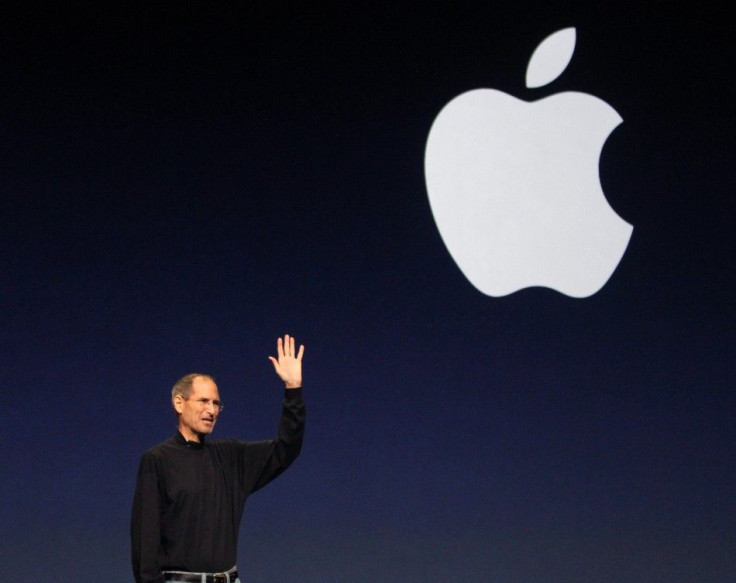Apple Speaks: Denies It Tracks Users' Movements

Apple has finally responded to the allegations that it tracks users of its iPhone and iPad devices.
In a Q&A posted to its website, Apple denies that the company is tracking users' locations. Instead, the company says that the iPhone is simply keeping track of all the Wi-Fi hotspots in cell towers that surround the phone. [This is done in order] to help your iPhone rapidly and accurately calculate its location when requested, the Apple said. Some of these locations, the company says, can be miles away from the actual location of the phone.
Apple says that it compiles all of this data and stores subsets of it in each phone in an unencrypted file. This is the consolidated.db file discovered by two researchers at O'Reilly Radar, Alasdair Allan and Pete Warden earlier this week.
Apple also divulged that it collects anonymous traffic data from users. The company plans to use this information for what it calls an improved traffic service due within the next few years, but did not specify what, exactly, that service was.
Moreover, Apple discloses that it sends some of the iPhone's data to third parties. Users who opt in to certain location-based advertisements can have their location sent to advertisers, Apple says. Similarly, Apple says it sends, with users' permission, detailed crash logs to certain application developers.
Because the information is encrypted and stripped of identifying information, Apple denies that it can identify users based off the location data sent from its phones.
Apple admits that a number of bugs affect how the iPhone handles the location data. In their research Allan and Warden were surprised to see that the iPhone had not only been tracking the data, but had also been keeping a detailed, year-long record of it on the iPhone. Calling this a bug, Apple says that it is not something the iPhone was designed to do.
Tests done by The Wall Street Journal and others found that the iPhone tracked this information even when the iPhone's Location Services was turned off. Apple says that this is not something the iPhone was designed to do either.
Both of these issues will be fixed in an upcoming update, Apple says. Expected within the next few weeks, the update will reduce the size of the location database to a week, end the backing up of the cache, and completely removed the stored data if Location Services is turned off.
Apple admits that it and other technology companies have not done a good job of explaining the particulars of location tracking to users. This, the company says, is a significant part of the reason for the public outcry.
© Copyright IBTimes 2025. All rights reserved.



















